10. The Wages of Fear (Henri-Georges Clouzot, 1953)
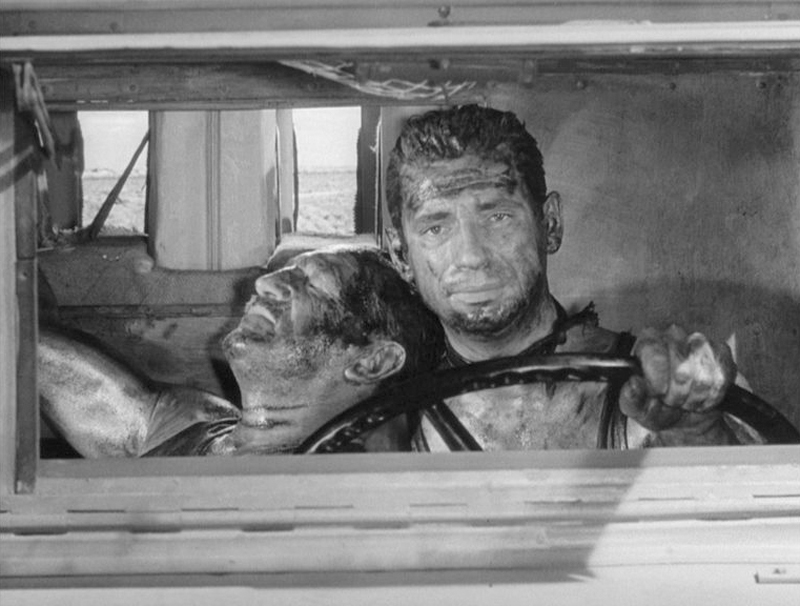
The dangers of capitalism underpin this testosterone-fueled French classic, in which four poverty-stricken men decide to sign on for a treacherous mission that entails carrying highly volatile nitroglycerin cargo in trucks from one South American town all across the wild Amazon jungle.
‘The Wages of Fear’, which would later be reconfigured as ‘Sorcerer’ in William Friedkin’s 1977 laudable remake, burrows deep into the pit of the human spirit; using its pulse-pounding spectacle as a jumping-off point to cast a defiant eye over capitalism, and the lengths to which it wraps its tendrils on desperate men. A masterful exercise in dramatic tension, Henri-Georges Clouzot’s masterpiece is required viewing for any film enthusiast worth their salt.
9. Oldboy (Park Chan-wook, 2003)
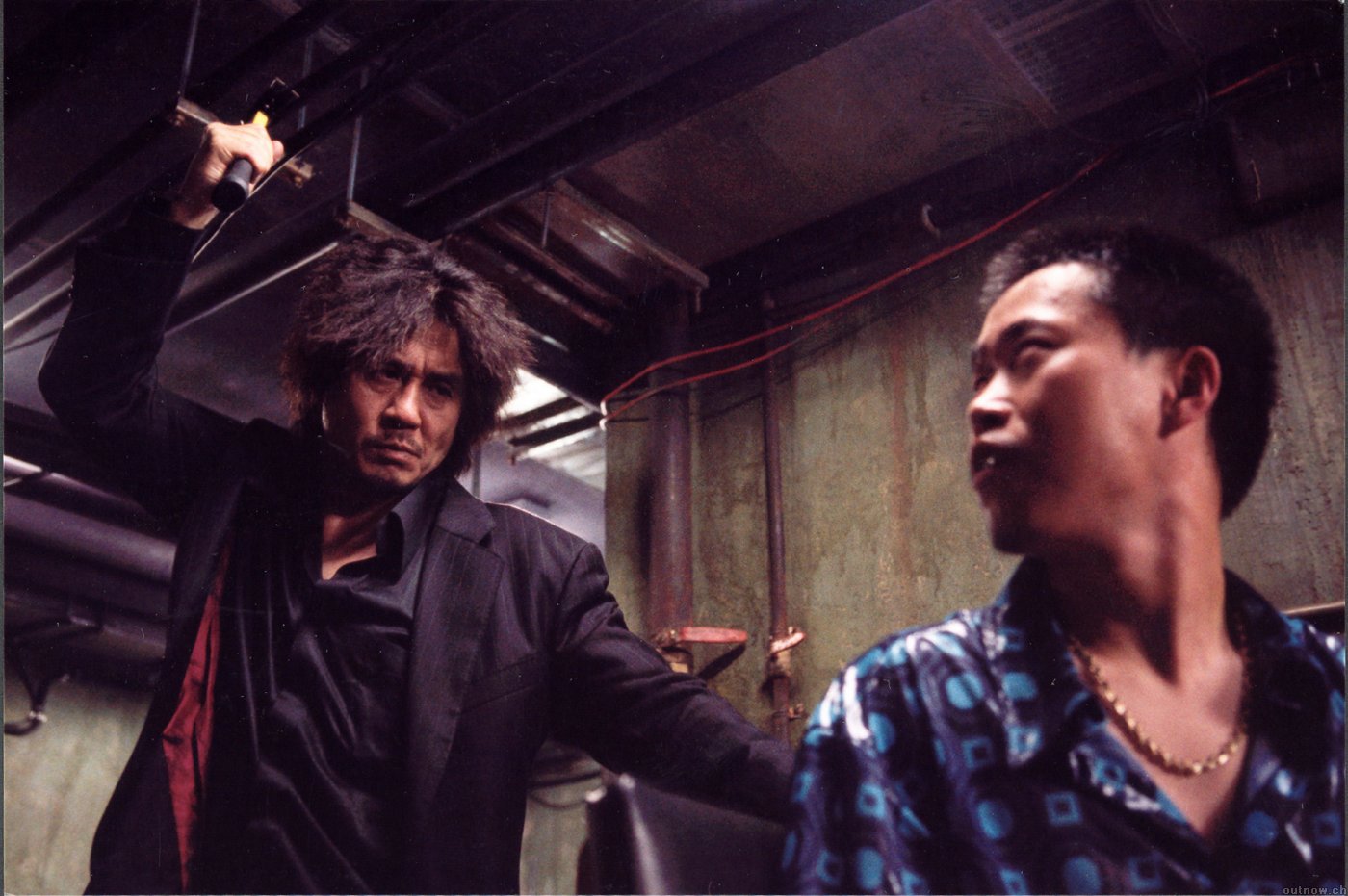
South Korean maestro Park Chan-wook announced himself in striking fashion back in the early aughts with this hyper-stylized tale of revenge, in which a seemingly ordinary businessman (Choi Min-sik) is kept captive and tortured for 15 years for no apparent reason.
Capped off by one of the greatest twists in modern cinema, ‘Oldboy’ is an unforgettable thriller that unleashes an unshakable Oedipal fever dream and grabs you by the throat, refusing to let go until the credits roll. Often touted as the film that propelled South Korea’s film industry to global prominence and introduced countless westerners to its pop culture, Park Chan-wook’s macabre tragedy is indisputably one of the defining movies of the new millennium.
8. Se7en (David Fincher, 1995)
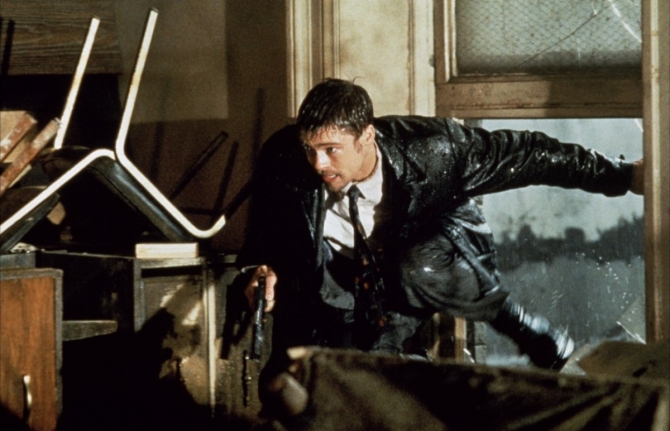
Paranoia and obsession are at the forefront in this gritty thriller, in which David Fincher took a major step toward greatness by reinventing the crime procedural with radical confidence. In the tradition of hard-boiled films as ‘Chinatown’, ‘Memories of Murder’, and ‘Cure’, with all their weighty sense of fatalism and panicked mood, this 1995 cult classic plunges us into the troubled headspace of two homicide detectives (Brad Pitt and Morgan Freeman) who try to hunt down a serial killer responsible for a string of gruesome murders.
It’s virtually impossible to discuss the merits of ‘Se7en’ without mentioning its shocking final reveal, one that knocked everyone’s socks off upon release and has been mythically embedded in our psyche ever since. However, though its blood-curling coda rightfully deserves its place in the Hollywood pantheon, Fincher’s black-hearted opus reaches far beneath its surface.
7. Double Indemnity (Billy Wilder, 1944)
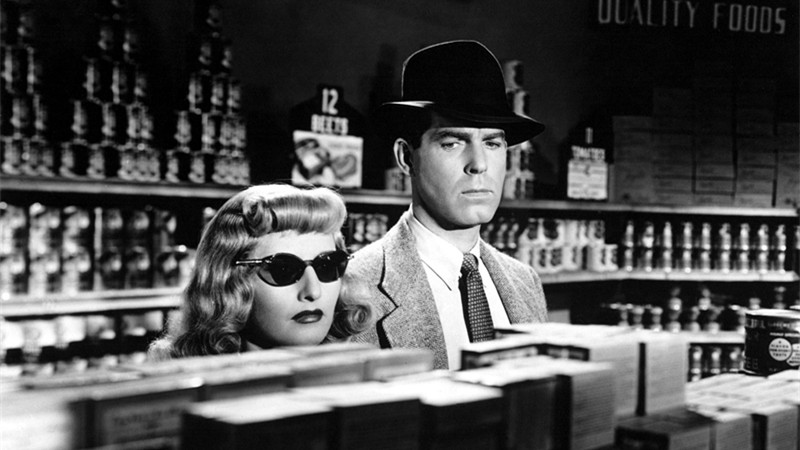
Billy Wilder was already on top of the world in the ’40s, more than accustomed to surprising moviegoers, but none of his works that fall under the thriller umbrella were quite as pulse-pounding as ‘Double Indemnity’; or the film noir to end all noirs.
Seething with cynicism and pieced together by some of the best dialogue committed to celluloid, ‘Double Indemnity’ sits by itself in Wilder’s filmography and Hollywood’s Golden Age, following a crooked insurance salesman (Fred MacMurray) and a conniving wife (Barbara Stanwyk) who plot a murder together. Dopey voiceovers, recurrent flashbacks, deliciously-provocative banter, double dealings, and a cunning femme fatale — if ‘Double Indemnity’ feels archetypical by today’s standards, it’s only because the film cemented all of these hallmarks in the first place.
6. Blow Out (Brian De Palma, 1981)
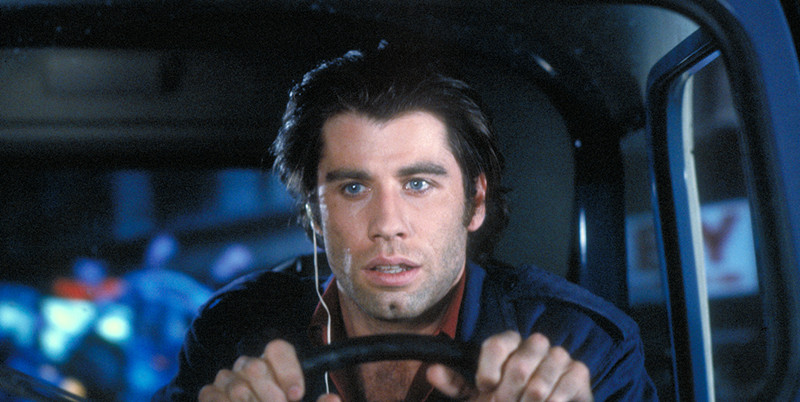
Brian De Palma’s pulp obsessions, elite craftsmanship, and unmatched bravado found a sublime expression in this paranoia thriller starring John Travolta, in which a second-rate sound-effects technician stumbles across what might or not be a political assassination while scouting for sound effects.
The American director, who constantly walked the tightrope between paying homage and indulging in pastiche throughout his 50-year long career, struck gold this time around by melding the stylized paranoia of Antonioni’s ‘Blow-Up’ with the downbeat cynicism of Coppola’s ‘The Conversation’, creating the ne plus ultra of post-Watergate thrillers. As much an intoxicating whodunit and a somber portrait of America as it is a meditation on the very nature of filmmaking, ‘Blow Out’ will cling to your mind like an unshakable dream.
5. High and Low (Akira Kurosawa, 1963)
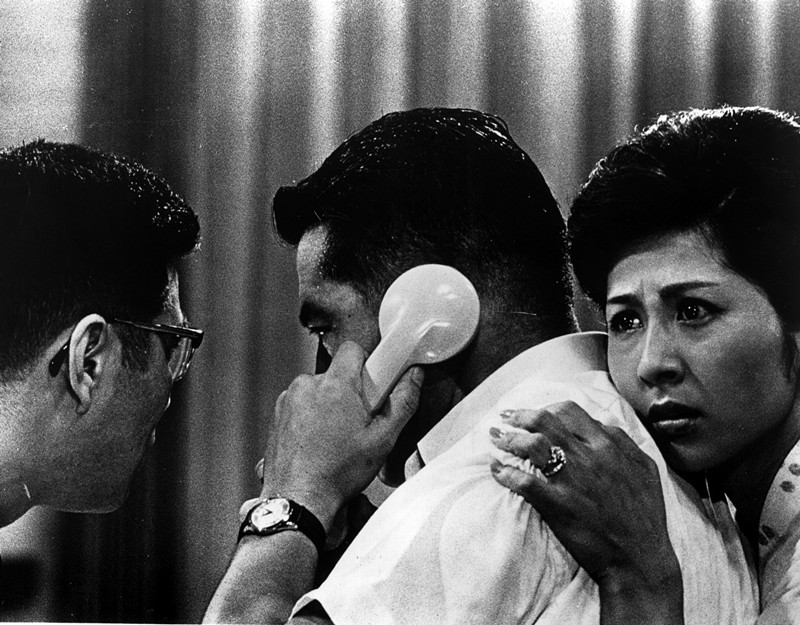
Though his magnificent output of medieval samurai epics and noble moralistic fables brought him international acclaim, it’s this cold-blooded contemporary thriller that stands out as Akira Kurosawa’s most compelling and shrewd film. Frequent collaborator Toshirō Mifune plays a wealthy executive who becomes the target of extortion after his chauffeur’s son is mistakenly held for ransom.
On a surface level, the 1963 ‘High and Low’ is one of cinema’s great police procedurals — a master class in staging and blocking that keeps wrongfooting the audience and simmers the tension just below boiling point. Dig a little deeper, however, and you’ll find a bitterly revelatory text here: one that serves as a devilish reflection of the upstairs-downstairs dynamic that undergirds modern society.
4. Perfect Blue (Satoshi Kon, 1997)
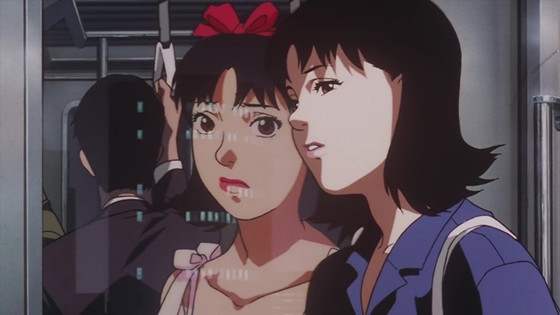
Westerners who continue to discredit anime as a medium solely aimed at younger audiences will find a vicious rebuttal in the work of visionary director Satoshi Kon. As brutally uncompromising as Fincher’s thrillers and as freewheeling as Lynch’s delirious dreamscapes, ‘Perfect Blue’ is a chillingly prescient study of fame and celebrity culture that dissects the psychological audit of a former J-pop idol turned actress.
Even though to ‘be ahead of its time’ has become an all-purpose truism in film criticism, Satoshi Kon’s fractured psychodrama thoroughly earns the distinction. With the advent of social media and tabloid journalism, ‘Perfect Blue’ murky look at show business cuts deeper now than ever. Not only as a watershed moment in animation, but a staggering achievement in modern filmmaking, Perfect Blue’s legacy lives on.
3. Chinatown (Roman Polanski, 1974)
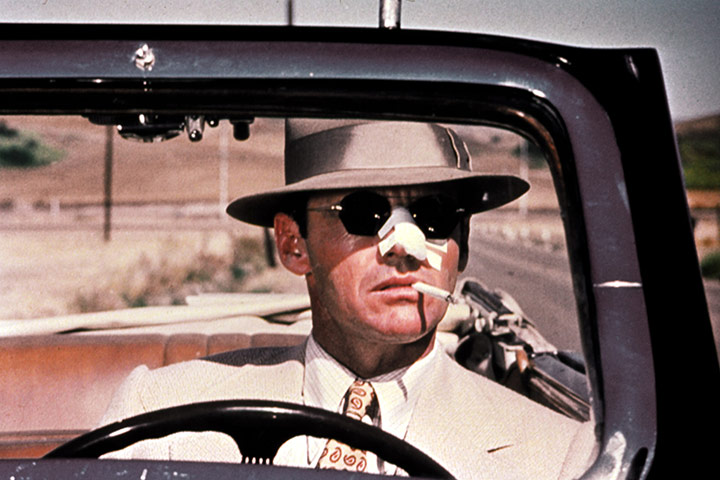
Perhaps no film tapped into the pervasive sense of dread and mistrust that defined the Nixon era more effectively than Roman Polanski’s 1974 masterpiece, a film that turned the clock back to 1937 to conjure up a cracked-mirror vision of Los Angeles — portrayed here not so much as the Mecca of glamor but a den of debauchery that seems to be caving in under its feet.
Even if you’ve not seen ‘Chinatown’ (which means you’ve got some viewing to do), you’ve definitely seen plenty of films that nicked bits from it. As careworn private investigator Jake Gittes (Jack Nicholson) navigates an endless cesspool of corruption and deceit, one begins to realize just how committed the film is to debunk our glorified perception of Tinseltown, if not the American Dream as a whole, by brutally exposing the moral rot that lies beneath its glossy surface. Often imitated but never replicated, once you watch ‘Chinatown’ you’ll never be able to forget it.
2. Vertigo (Alfred Hitchcock, 1958)
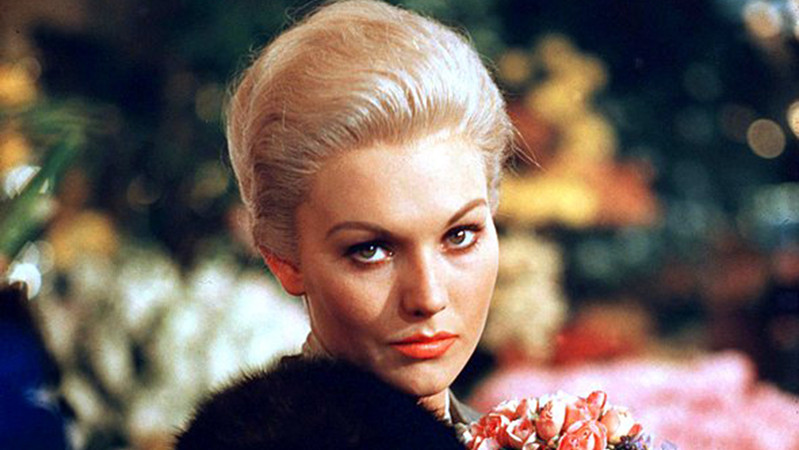
No list of must-see thrillers would be complete without the inclusion of Sir Alfred Hitchcock — the man that single-handedly ripped open film grammar and pushed the frontier of the genre to new heights. Throughout his distinguished career, the Master of Suspense left us with a remarkable collection of veritable masterpieces, many of which could have easily earned a spot in the present list. That being so, it’s hard to look past ‘Vertigo’ as his crowning achievement as well as one of cinema’s purest delights.
Central to the film is James Stewart’s performance, played with subtle vulnerability, as a heights-fearing detective driven by obsession and desire. It’s through this ambivalent character that Hitchcock tears at the very fabric of male gaze and his entire oeuvre — cunningly leveraging the audiences’ expectations to shocking effect. Over half a century later, Vertigo’s rapturous spell continues to beguile moviegoers.
1. Mulholland Drive (David Lynch, 2001)
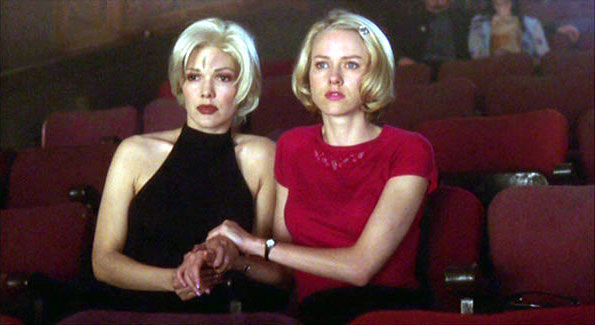
Rarely does a cinematic experience just swallow you whole, but David Lynch’s love story in the city of dreams — perhaps the closest any film has come to distilling the subconscious directly into celluloid — does just that.
A journey into the troubled headspace of an aspiring starlet (Naomi Watts) that spirals off into a mesmerizing world of make-believe, ‘Mulholland Drive’ stands as the pinnacle achievement and clearest, yet most complex, expression of Lynch’s warped vision. Unlocking the unending abstractions of this puzzle-box mystery has become a subject of obsession and rigorous psychoanalytic readings, albeit the film is more cohesive than it may appear at first blush. And though many will argue that it does not strictly play by the genre’s rulebook, ‘Mulholland Drive’ is the definitive thriller — one that chills to the bone unlike any other before or since.